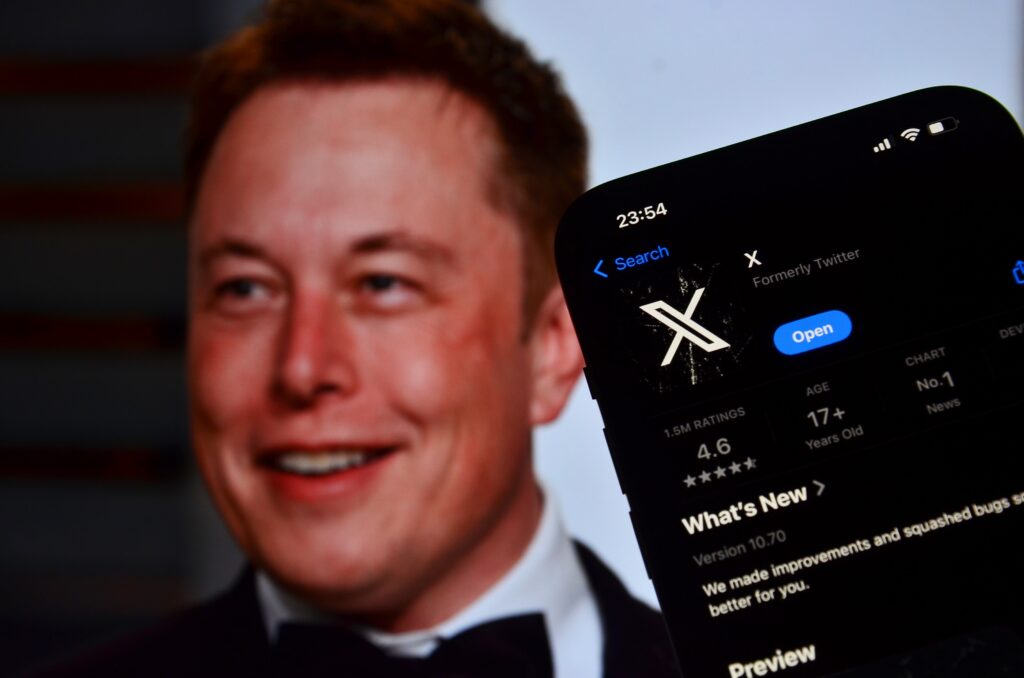Elon Musk has moved his companies from California to Central Texas, drawn by the state’s political and economic advantages. Now, Musk is building a massive business campus in the countryside, a move that has sparked a mix of excitement and concern among locals. Located just 30 minutes east of Austin, the area is becoming home to Musk’s headquarters for X, The Boring Company, and SpaceX, with a rapid expansion underway.
A Shift in Location and Strategy
Elon Musk’s decision to relocate his businesses to Texas marks a dramatic shift from his Silicon Valley roots. Known for his previous support of Democratic causes, Musk’s move comes after California introduced new laws regarding parental notification on gender identity changes in schools—legislation Musk opposes. Texas, with its low land costs, skilled workforce from Austin, and business-friendly policies, became an ideal new base for his operations.
In July 2024, Musk announced his move, citing dissatisfaction with what he called divisive identity politics and constraints on free speech. His relocation to Texas—a state with a rapidly growing Republican influence—has already begun to reshape the region. SpaceX’s venture into Cameron County, where it aims to create a new town named Starbase, has sparked a local vote on the proposal for May 2025.
Local Perspectives on the Transformation
Bastrop, a small Texas town just outside Austin, finds itself at the center of this transformation. The city is divided in its views on Musk’s growing influence. City manager Sylvia Carrillo acknowledges both the excitement of new job opportunities and the unease surrounding rapid growth. Although Musk’s developments are outside the city limits, local laws give Bastrop a say in shaping nearby expansion.
Carrillo emphasizes that Musk’s presence is only part of a broader development boom. As more businesses set up shop, the community faces the challenge of managing rising real estate prices and preserving its environmental integrity.
Mixed Reactions to Musk’s Impact
Around Musk’s growing corporate campus, Hyperloop Plaza stands modestly. The area includes a small bodega, which combines a café, bar, salon, and gift shop. On a recent Sunday, a handful of children played nearby while displays of Musk-branded merchandise and unused video game consoles were set up around the plaza.
Bastrop’s history of economic shifts from lumber to coal mirrors the challenges the region faces now. During World War II, Camp Swift welcomed thousands of soldiers and prisoners of war, an event which local historian Judy Enis believes left a lasting impact on the area—larger than Musk’s influence to date.
Local reactions to Musk are tied closely to broader debates on growth, development, and political ideologies. Real estate agent Judah Ross has embraced the influx of people and jobs, noting that he has sold homes to employees of Musk’s companies.
Alfonso Lopez, a former tech worker from Seattle, initially moved to Bastrop for investment reasons but later embraced the town’s charm. Although Lopez is skeptical about Musk’s leadership and politics, he appreciates the innovative work of his companies and the convenience of living nearby, provided they respect the community’s needs.
Environmental Concerns and Regulatory Challenges
Environmental impact is one of the major concerns raised by locals. The Boring Company recently faced nearly $12,000 in fines for water contamination. Initially, the company planned to discharge wastewater into the Colorado River but reversed the decision after community pushback. It is now working with local authorities to manage wastewater through the community treatment plant.
Additionally, water issues have delayed plans to build over 100 homes for employees at Musk’s campus. Currently, only temporary trailers are available for use, hidden behind fences and fields.
Expansion Plans and Local Impact
In November 2024, SpaceX requested to have the Bastrop site designated as a free trade zone, which would allow tariff-free transfers of goods. While the move would cost the county an estimated $45,000 in lost revenue, officials believe the long-term benefits—such as creating 400 new jobs and attracting $280 million in investments—will outweigh the loss.
Texas has already contributed $17.3 million in state funding to support the development, and local officials are optimistic about the potential growth. While many residents avoid publicly criticizing Musk’s presence, online commentary reflects a sense of concern. Some fear that the corporate expansion could negatively affect the region’s character and lifestyle.
Managing Growth and Preserving Heritage
Bastrop’s leadership is taking steps to manage the rapid growth while preserving its small-town charm. New regulations are being introduced to control housing density and protect green spaces, ensuring that the town’s historic identity remains intact as development spreads across the area.
Despite Musk’s national controversies, city manager Sylvia Carrillo notes that local sentiment toward his companies remains largely positive. Many see his firms as responsible neighbors—at least for now—and hope that continues as growth persists.
As Central Texas transforms into a new business powerhouse under Musk’s leadership, the community faces a delicate balancing act. While there are clear benefits in terms of job creation and economic development, challenges surrounding rapid growth, environmental issues, and the preservation of local heritage remain. With careful planning and regulation, Bastrop and surrounding areas hope to manage this growth while maintaining their unique identity.
